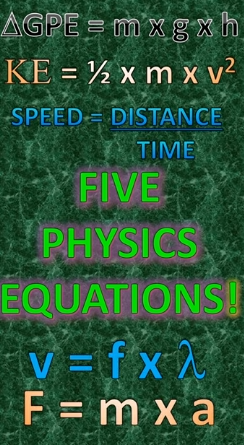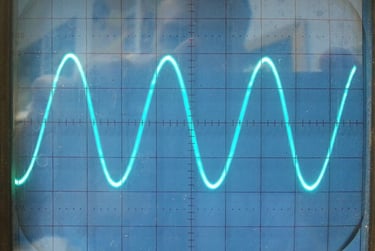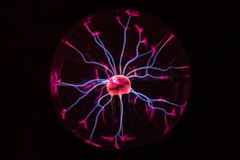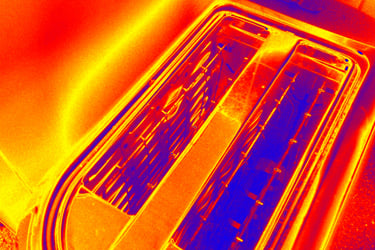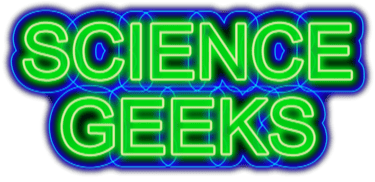
PHYSICS REVISION
The boss of all sciences is physics. Chemistry is but a branch of physics concerned with electrons and bonding where as Biology is colouring in.......But that's just my opinion! ( I can feel the complaints coming in already) Contemplate the entire universe with the kingpin of all sciences! Physics rules! Hate working hard? Go straight to our "blagger's guide to Physics" below!
Much more content coming soon!
THE BLAGGER'S GUIDE TO PHYSICS


FIVE KEY AREAS: According to some sources, the key five areas for passing GCSE Physics are:
Energy and electricity: This area covers the concepts of energy, power, work, efficiency, energy resources, electrical circuits, current, potential difference, resistance, and power.
Atomic structure and the particle model: This area covers the concepts of atoms, isotopes, ions, nuclear decay, radioactivity, half-life, nuclear fission, and nuclear fusion. Density, specific heat capacity and pressure!
Forces: Includes the concepts of forces, vectors, scalars, motion, acceleration, Newton’s laws, momentum, moments, pressure,
Waves: This area covers the concepts of forces, vectors, scalars, motion, acceleration, Newton’s laws, momentum, moments, pressure, waves, sound, light, reflection, refraction, lenses, and the electromagnetic spectrum.
Magnetism and electromagnetism: This area covers the concepts of magnets, magnetic fields, electromagnets, induction, transformers, motors, and generators.
You will definitely get questions from each of these areas! To master these areas and become a rocket scientist, a city banker or an astronaut, you will need to understand the key concepts, apply them to different situations, and solve problems using equations and graphs. You will also need to carry out practical experiments and analyse data. Hard work pays off! To blag your way through, just pick a few from each area. Our advice is know newtons laws, radioactive decay (alpha, beta minus, positron and gamma), the electromagnetic spectrum, kinetic energy, GPE and Efficiency plus the five equations below. It will give you a fighting chance or scraping a pass, although I do realise that someone with that approach probably gave up reading this article after the first sentence. Enjoy.
Some people say "physics is flipping hard". We say, "get a grip of your self and where is your resilience?" But, if you really can't be bothered but still, want to scrape through those physics assessments without too much effort, I suppose we could help you out a little, Here are our top tips below. Don't blame us if it all goes horribly wrong!

FIVE ESSENTIAL EQUATIONS


Some exam boards expect you to learn 23 equations! Yes twenty three! No way you want to even try eh? Well here is an incredibly short video, designed for the modern attention span of 59 seconds. That's if you have managed to read this far. It contains the five most important physics equations that appear on every exam. We've even put a picture of them! Do yourself a favour and learn them.
